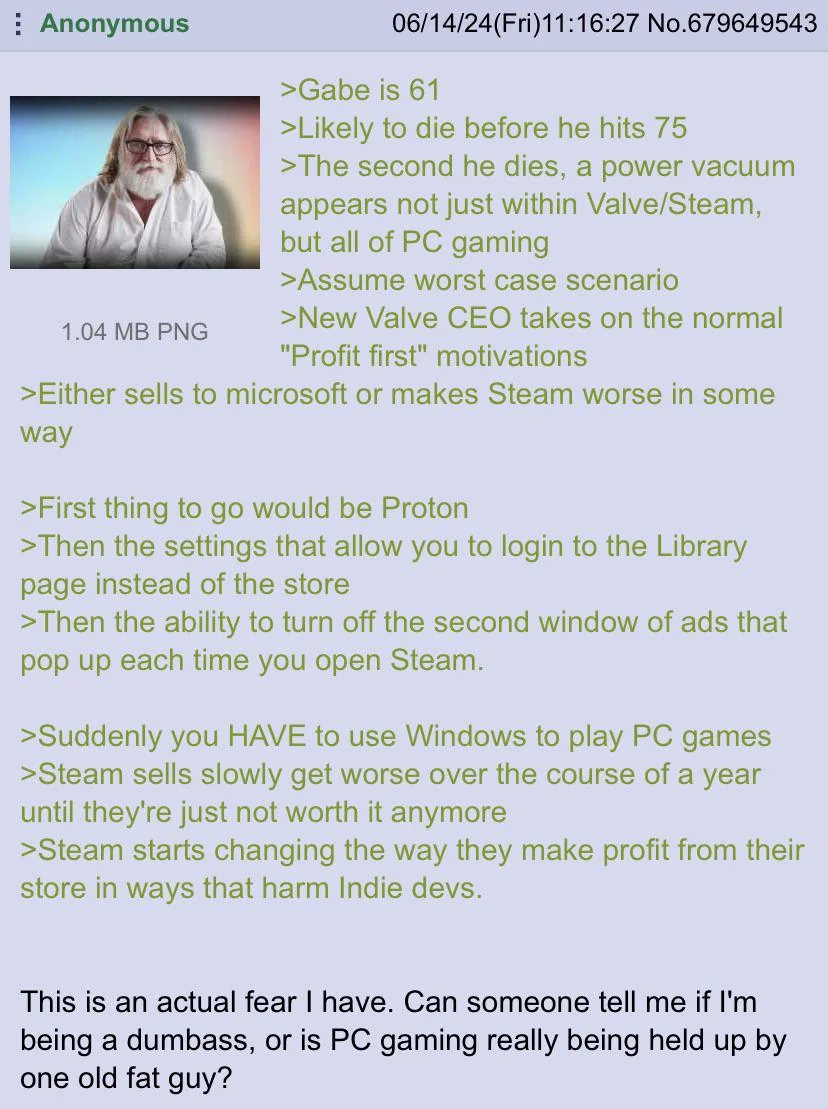this post was submitted on 16 Jun 2024
1265 points (97.1% liked)
Steam
10254 readers
1 users here now
Steam is a video game digital distribution service by Valve.
Steam News | Steam Beta Client news
Useful tools:
SteamDB
SteamCharts
Issue tracker for Linux version of Steam
founded 3 years ago
MODERATORS
you are viewing a single comment's thread
view the rest of the comments
view the rest of the comments

Publicly traded companies are, by law, driven to make as much money as possible for shareholders. Privately held companies are not held to this same limitation. So while a company like Valve could be highly profit-driven (let’s be honest, all for-profit companies in a capitalist system are driven by this motivation), it doesn’t seem to be driven to maximize profits in the short term. This means that they can focus on things other than profit if they so choose.
– Lynn Stout, professor of corporate and business law, Cornell University
For-profit vs. Non-profit is an entirely different distinction under US law, with specific legal definitions for each. This is entirely separate under US law from publicly traded vs. privately owned, which has separate specific legal definitions.
Valve is a for-profit privately owned company. That is what allows it to not maximize shareholder value, and is the unstated distinction that allows your quote to be true.
For-profit publicly traded companies do have a legal responsibility for such.
I don't want to quote dump multiple paragraphs, but Stout explicitly explains that's not correct in the following paragraphs, citing relevant case law where appropriate.
I'm not a lawyer, but that article reads pretty clearly to me; I'd be interested to hear if you read it and get a different interpretation.